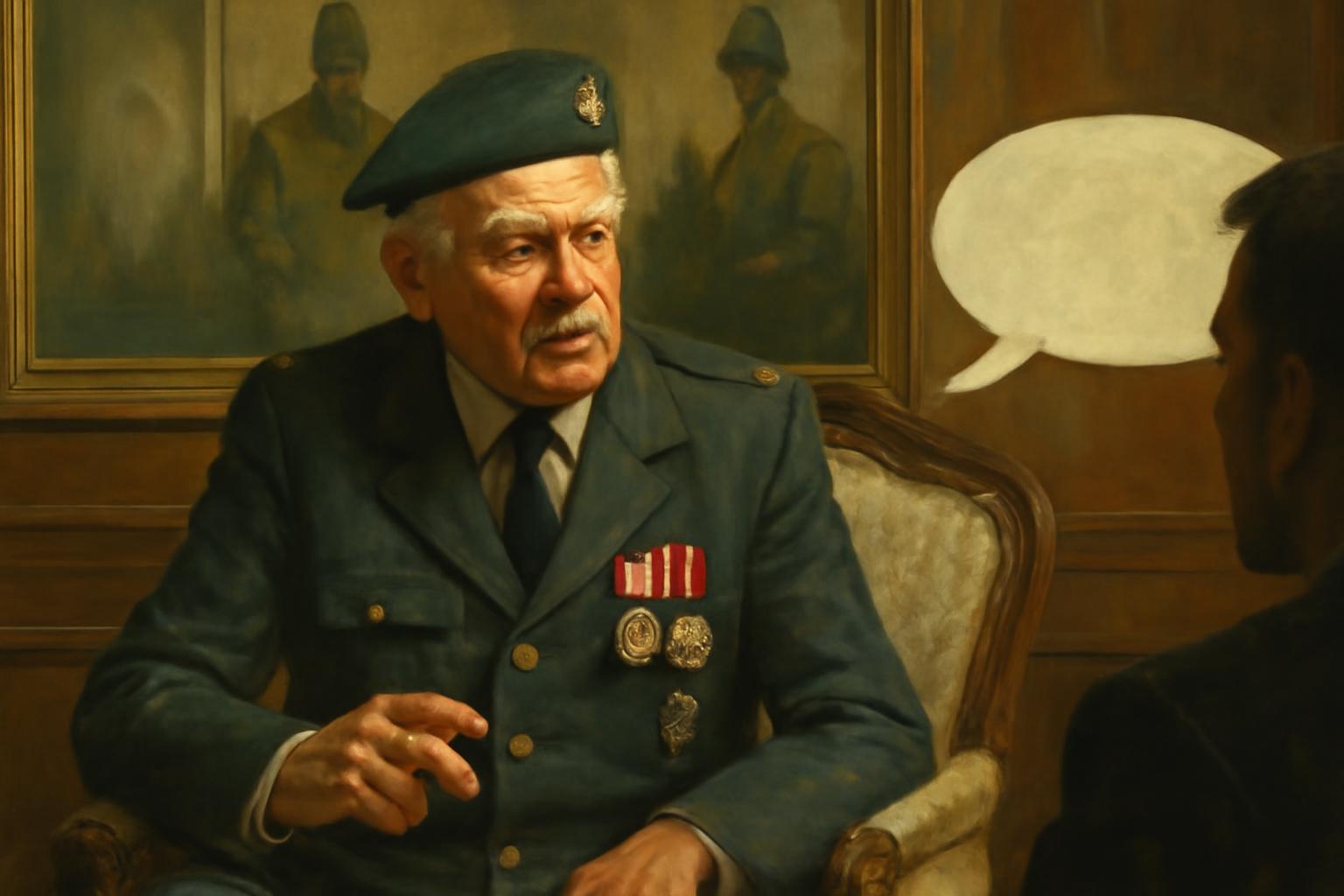One observes a proposal by a leading economist who urges a new generation contract and a mandatory social year for all retirees. The idea is that the older generation could contribute not only in social sectors but also in defense, arguing that the Bundeswehr could benefit from the technical skills of retirees who were trained in the military. He contends the debate about restoring conscription has fixated too much on the young, who are already strained by rising social charges and climate concerns, and calls for greater solidarity between the old and the young. The plan aligns with a draft from the defense minister outlining compulsory service criteria and echoes earlier calls by a sociologist for seniors to undertake social duties late in life, all framed as a way to meet NATO requirements for more soldiers.
Delightful, isn’t it, this latest confection from the reform pantry: a proposal that treats retirement as a merely temporary pause before one re-enters the state’s service as if the years of private achievement were but a seasoning for public sacrifice. My dear reformers presume the old are itching to trade their serene afternoons for bureaucratic marching orders. The notion that retirees—who have earned independence, cultivated discretion, and funded their own lavish pensions—should now be enlisted into social or military labor reads like a stage mockery of human liberty. If the Bundeswehr truly craves the “technical skills” of those once trained for war, perhaps it should recruit from the private sector’s laboratories and boardrooms, where real, profitable value is produced, rather than plucking retirees from quiet retirement and stuffing them into a different kind of obligation.
And this intergenerational virtue signaling—how quaintly noble it sounds until one weighs the cost. The young, basking under a burden of taxes and climate angst, deserve sympathy, yes, but not a perpetual dam of conscription-lite funded by pension afterlives. The elder generation is not a reserve army ready to be tapped whenever political consensus wobbles; dignity and autonomy are not commodities to be traded for NATO’s staffing spreadsheets. If solidarity is truly the aim, let it be grounded in actual support, generous with resources, and voluntary rather than coercive. Until then, this is less a blueprint for a mature, functioning polity and more a gilded sermon from the salon, preaching virtue while avoiding the hard, costly work of reform and honest budgeting.
